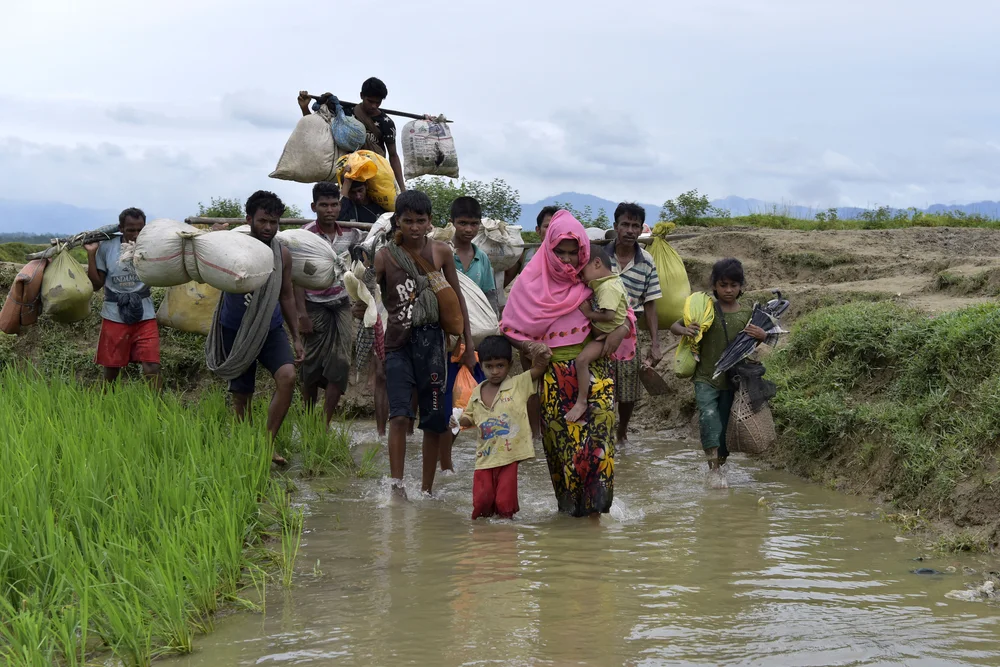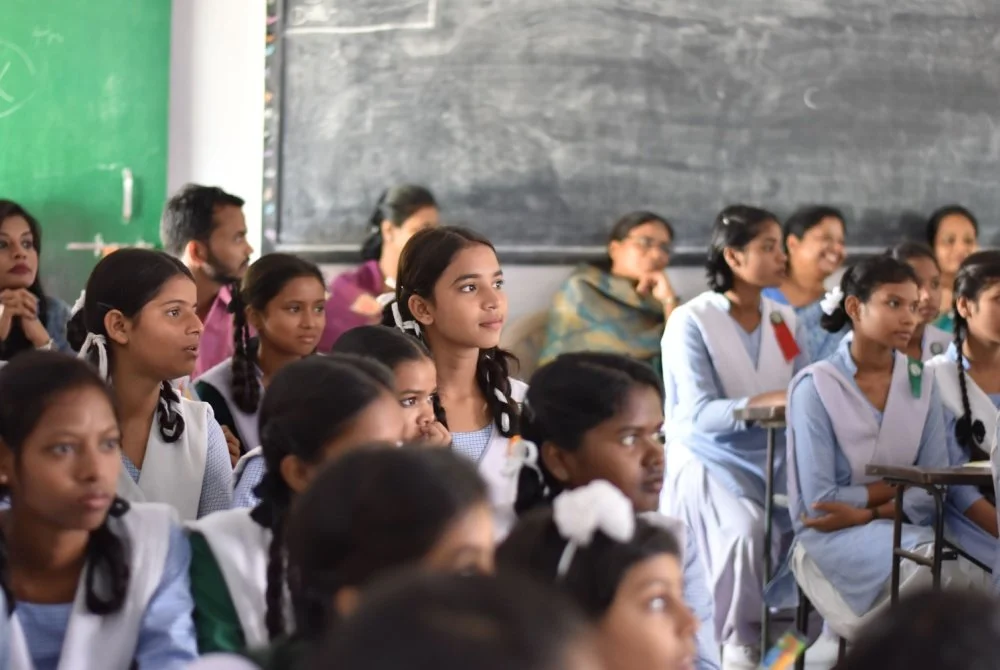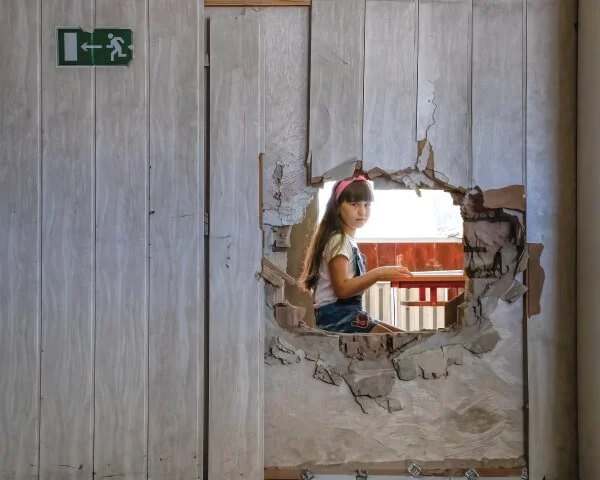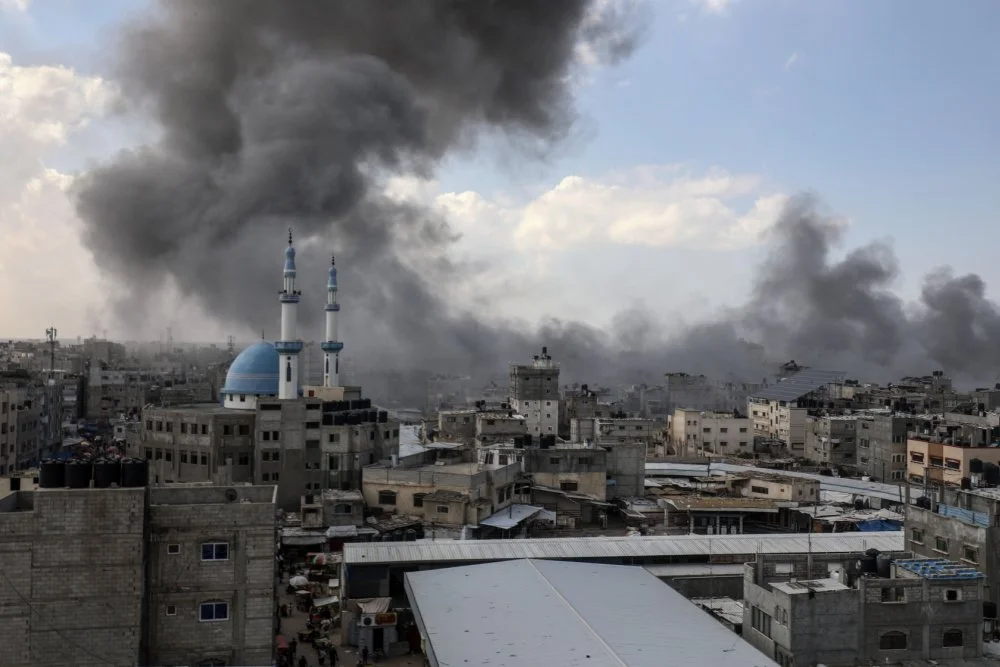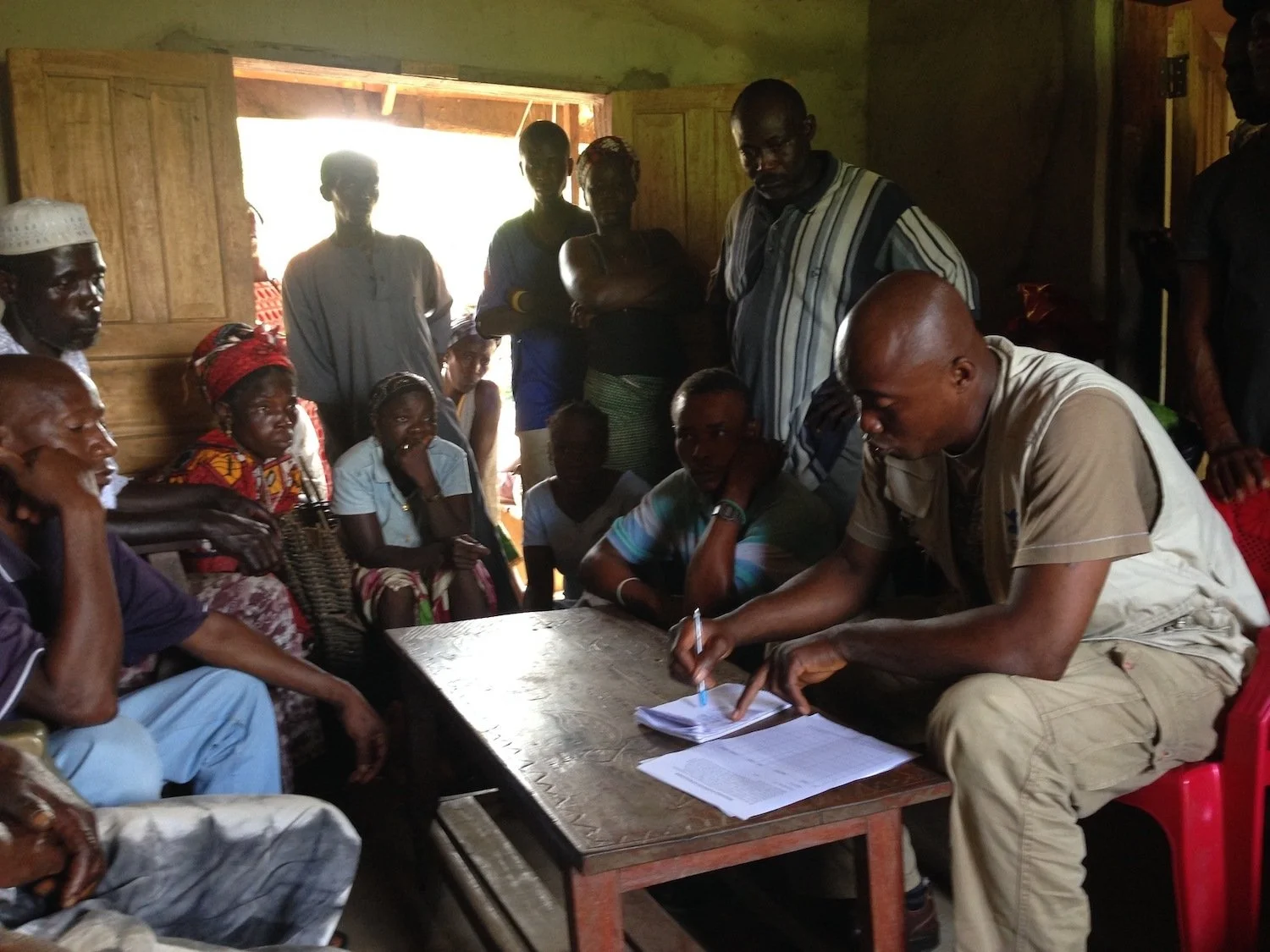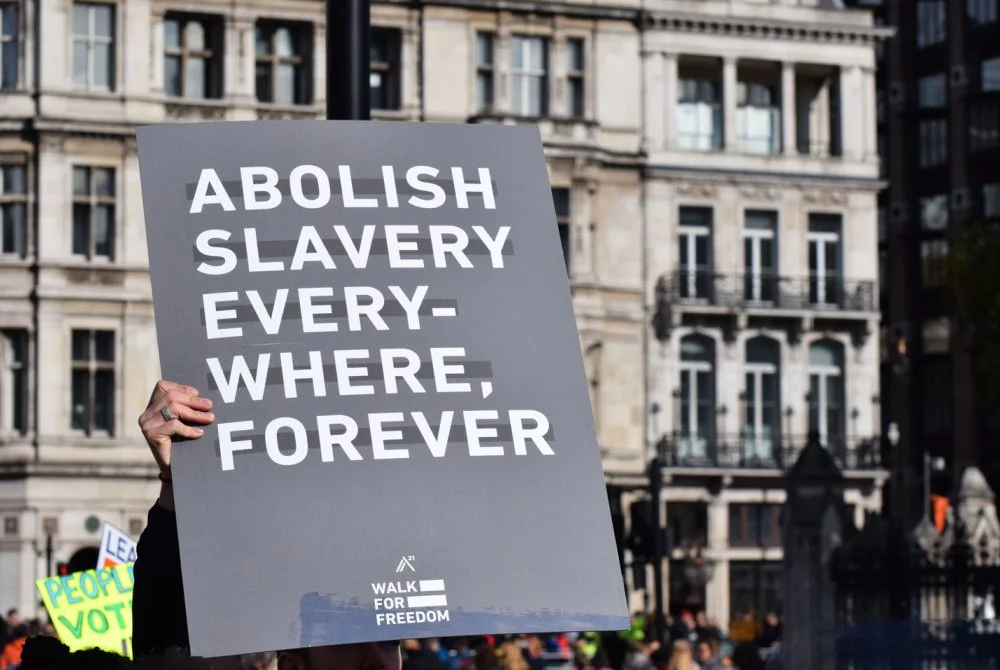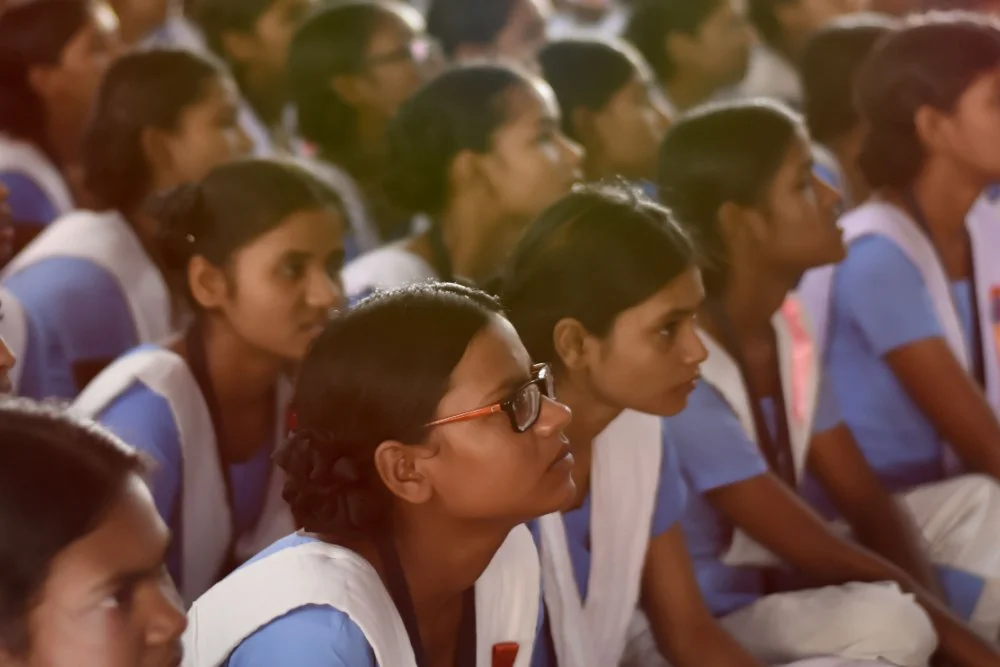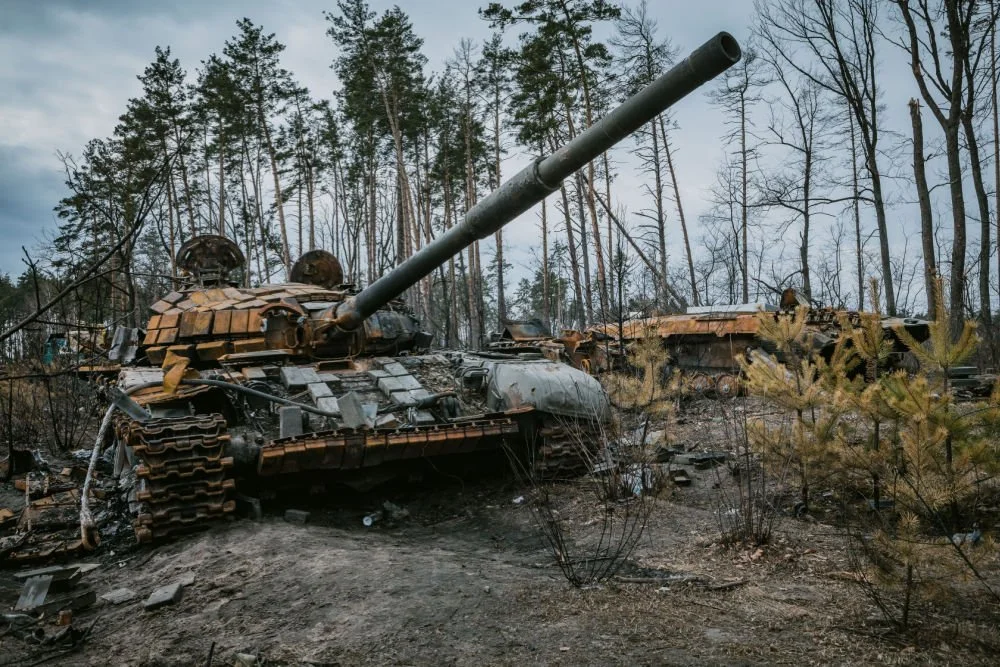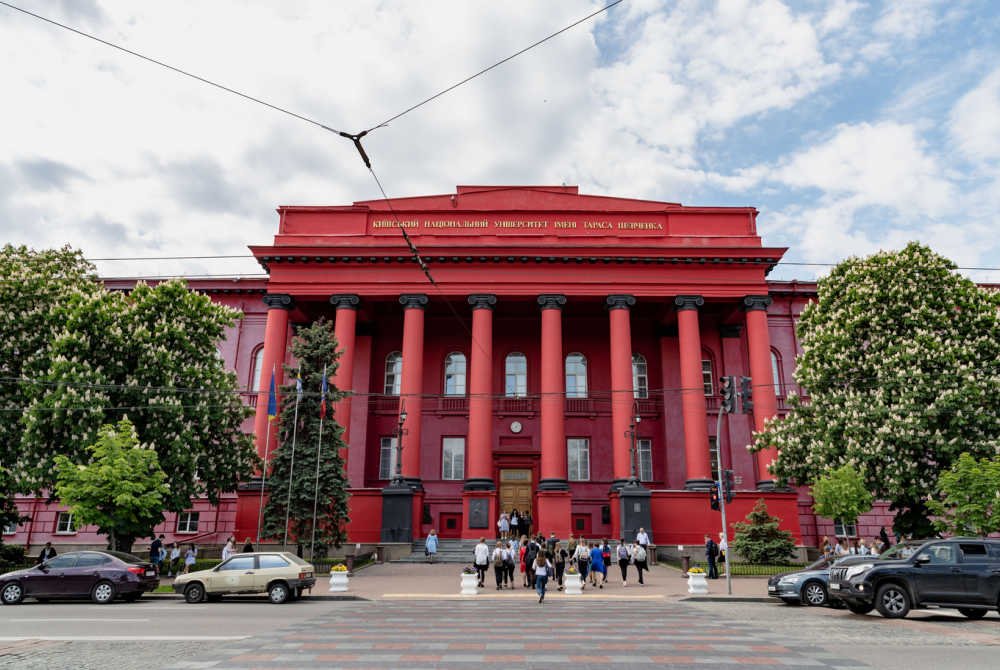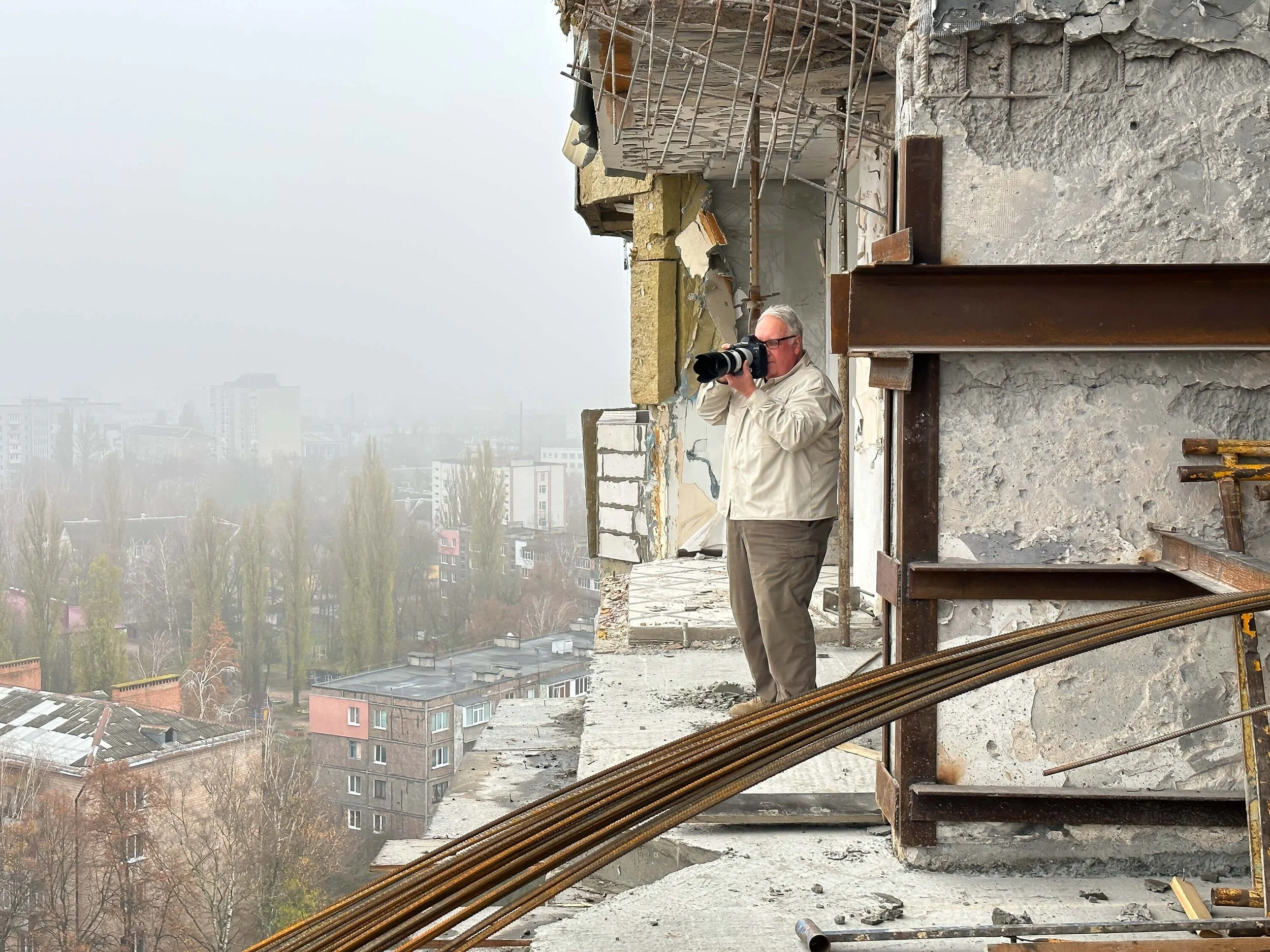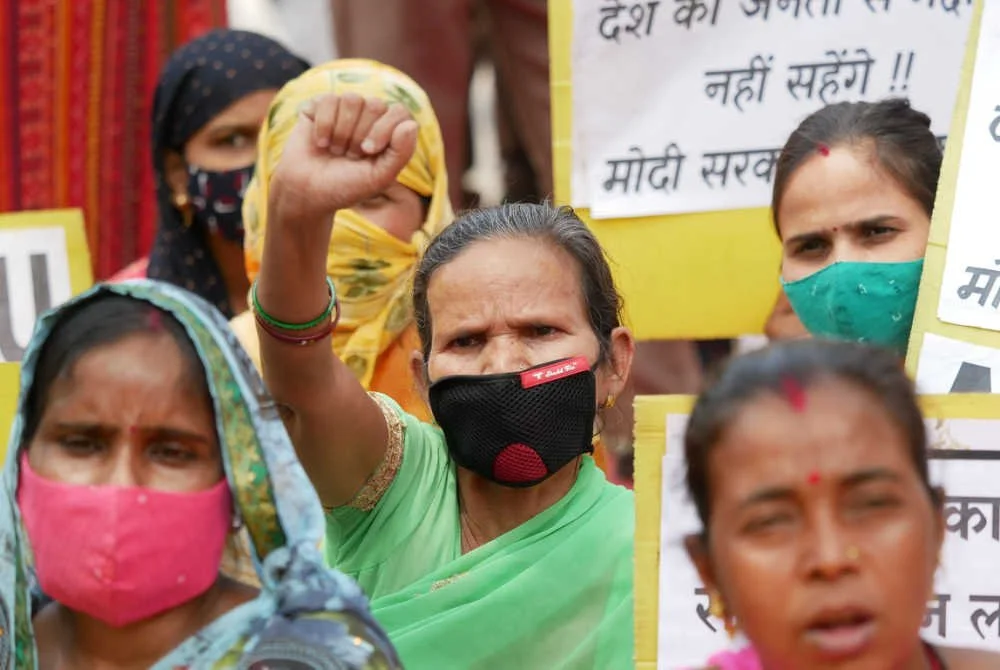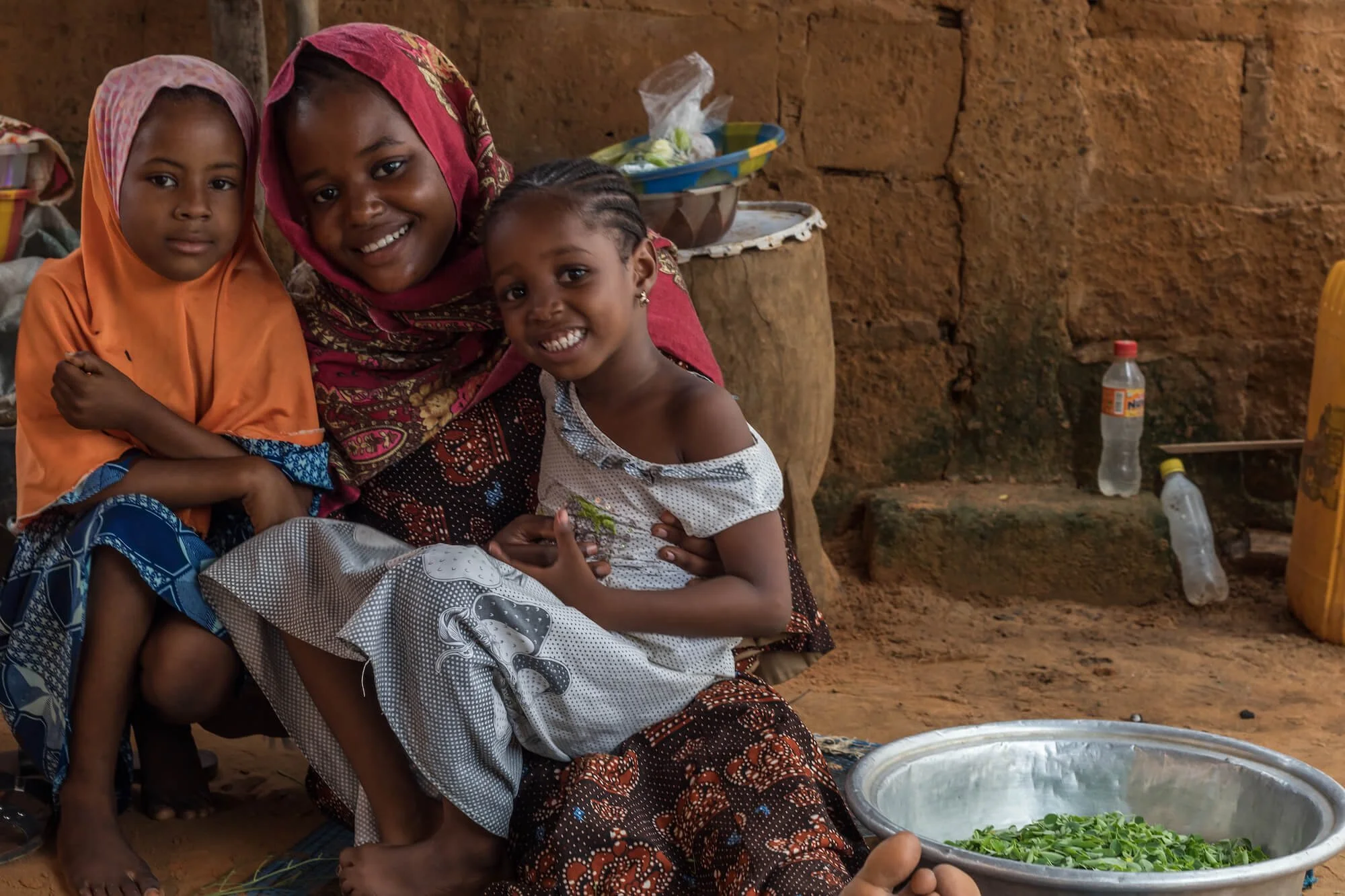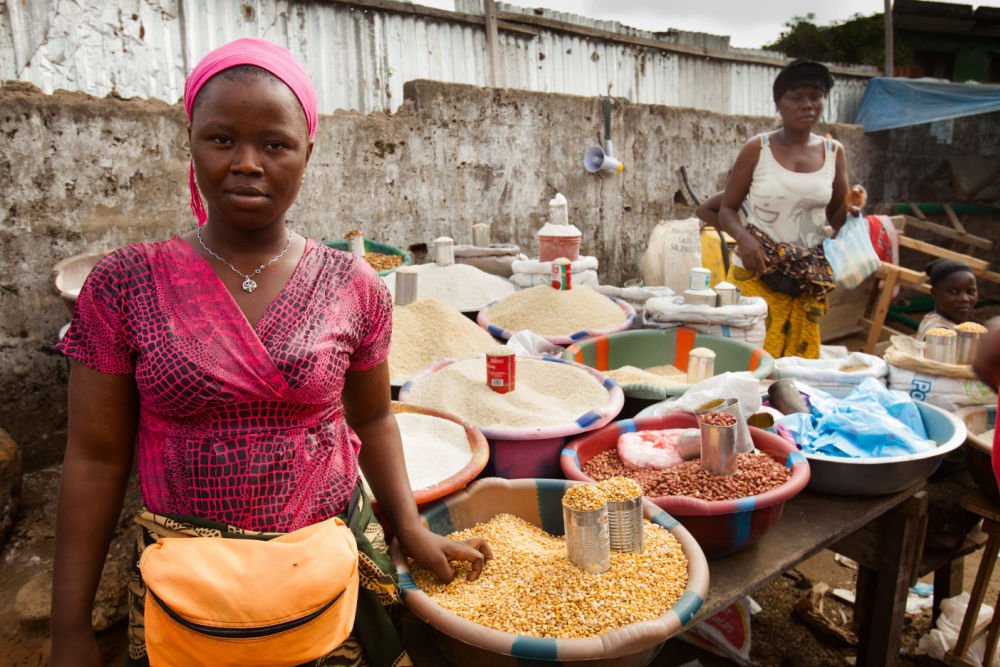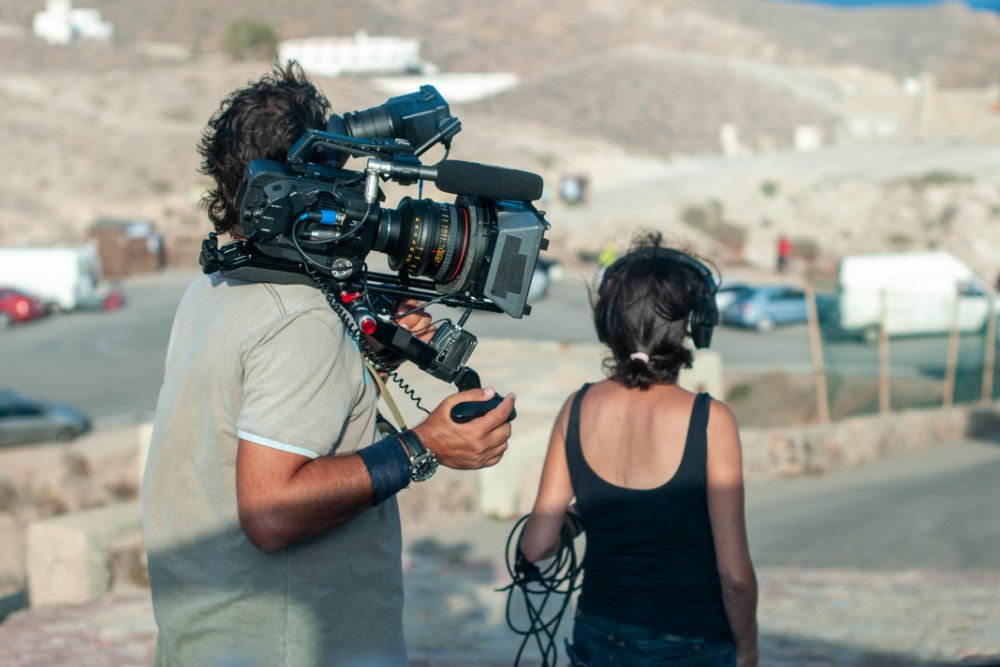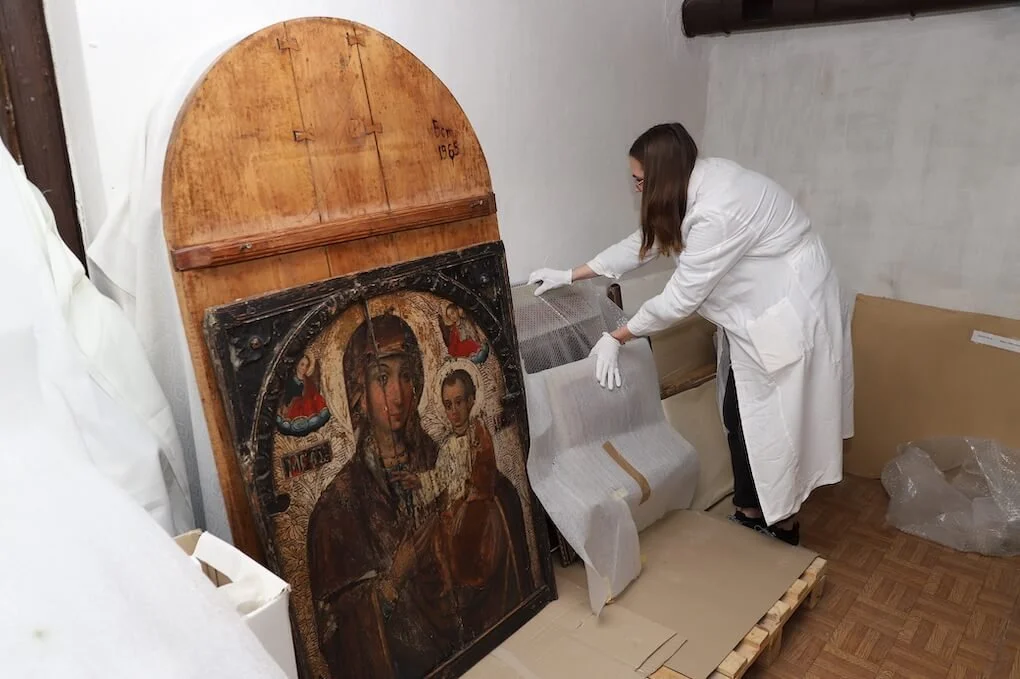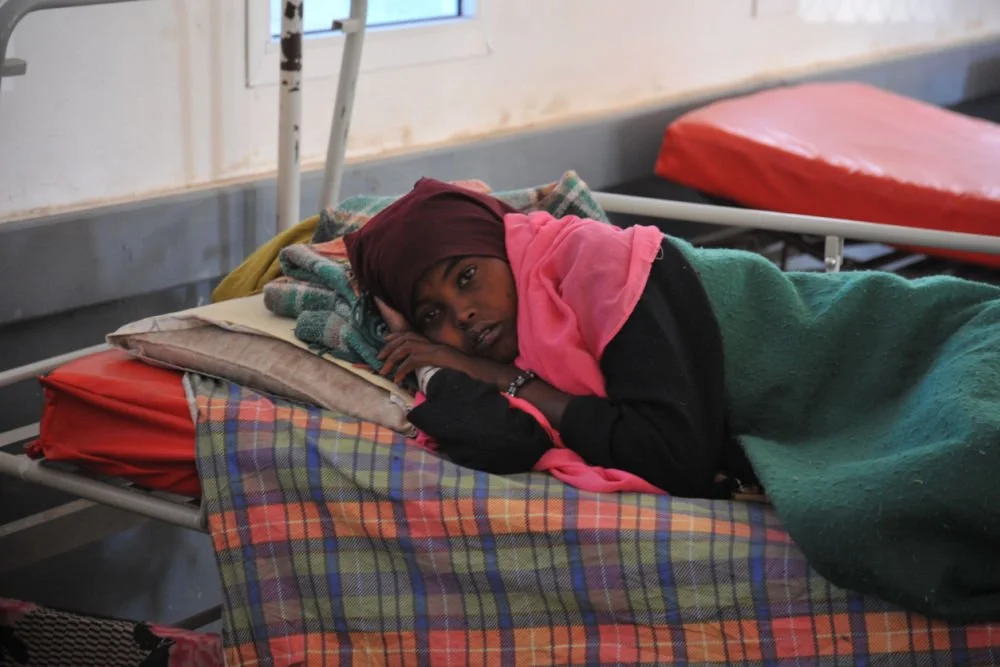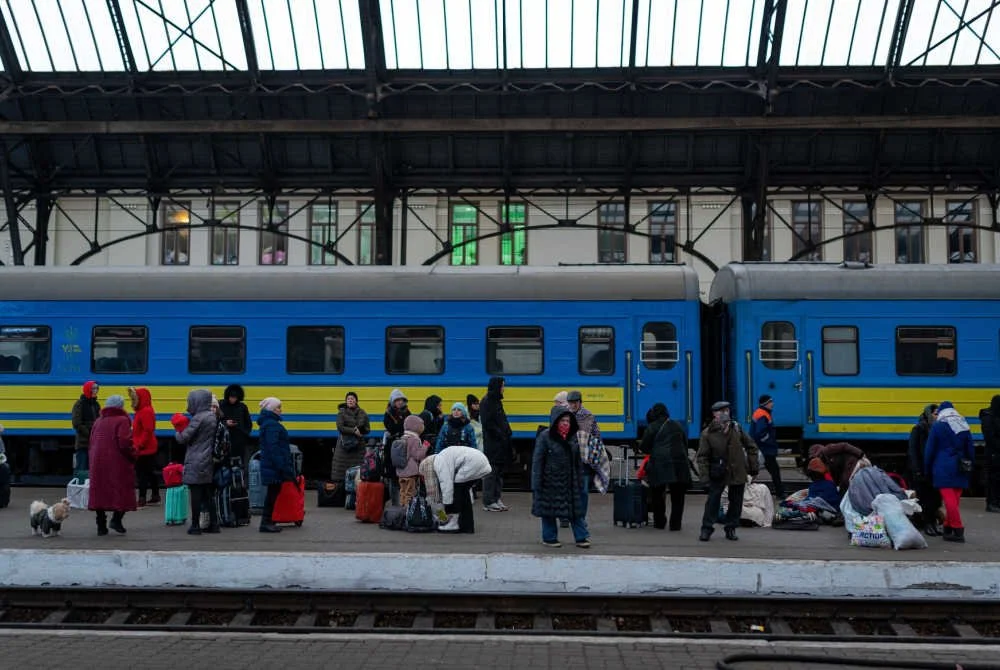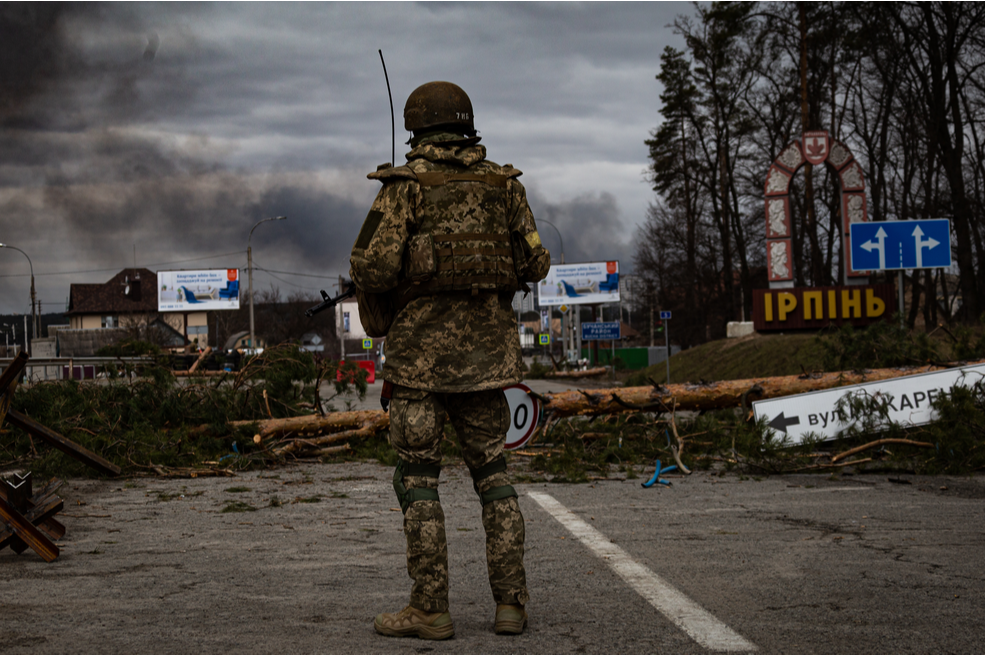A "Textbook Example of Ethnic Cleansing." Who's Helping the Rohingya of Myanmar?
/photo: Sk Hasan Ali/shutterstock
Can private philanthropy make much of a difference in the face of humanitarian catastrophes caused by war and repression? It’s tempting to say “no,” given the scale of suffering and the limited means that grantmakers have for challenging abuses by governments or militants. Many funders steer clear of involvement in conflict zones.
In fact, though, the nimbleness of private funders can be a major asset in the face of horrific tragedies unfolding in far away places. Philanthropy can provide help in ways that governments and international agencies cannot. It could make an even bigger difference if more grantmakers understood the impact they can have in situations that seem hopeless and overwhelming.
The plight of the Rohingya people, a Muslim minority group in Myanmar, underscores both the potential and limits of philanthropy in the face of large-scale atrocities and suffering. Almost no top U.S. foundations have responded to a “textbook example of ethnic cleansing” that has resulted in more than 600,000 Rohingya fleeing to Bangladesh in the past few months, driven from their homes in Myanmar’s Rakhine State by a brutal campaign of terror by the military and vigilante mobs. This vast injustice, conjuring memories of the genocidal violence in Rwanda and Bosnia, seems to have barely registered in the elite precincts of U.S. philanthropy. Of course, anyone who has followed the tepid response of grantmakers to the Syrian civil war and refugee crisis won’t be surprised to see so little attention to the Rohingya crisis. In an era when many funders are keen to effect systemic and long-term change, it turns out that alleviating massive human misery happening right now doesn’t fit the program guidelines of most foundations.
Still, a closer look reveals that some U.S. funders have long been working to help the Rohingya population, starting well before the recent ethnic cleansing, and have lately been moving with new urgency in the face of the crisis.
Jenna Capeci, deputy director of the Human Rights Funders Network, told me that a cohort of its members “have been funding human rights work in Myanmar and along its borders for decades. Given the restricted access to these areas of displacement and conflict, our members have been working to get funds directly to local civil society organizations, as they play a critical role in supporting communities and providing aid.”
Capeci said that while funders in the network have stepped up grantmaking, there are many unmet needs and gaps in the response of private philanthropy. The Rohingya refugees now in Bangladesh, one of the poorest countries in the world, lack access to healthcare and education assistance, and Rohingya still inside Myanmar face ongoing threats to their safety. “This is a protracted conflict that necessitates long-term funding, both for refugees and internally displaced people to access services and basic protections, as well as for human rights documentation, advocacy and local peacebuilding, and community organizing programs.”
Many U.S. grantmakers avoid conflict zones because it’s hard to operate in dangerous or inaccessible places, and the Rohingya crisis offers an example of such obstacles. Helping Rohingya still inside Myanmar is especially difficult. The executive of a small family foundation that’s long been active in the country told me that NGOs can’t travel freely in Rakhine State because the ”military has locked it down.” Many Rohingya in Myanmar are now in refugee camps that have been surrounded with barbed wire fences, cutting off outside access. “It’s like trying to work in a prison," he said. “It’s very difficult to work inside the country in any meaningful way.” A complicating factor is that few Myanmar civil society groups have ever had much interest in improving life for the Rohingya, a minority that’s long faced repression.
This funder, who didn’t want his foundation mentioned by name, said that he and his staff have been focusing mostly on the Bangladeshi side of the border. But the situation there is also difficult. The Bangladeshi government has been overwhelmed by a massive influx of traumatized people with dire needs, and the international aid organizations on the ground can be territorial and hard to work with. Looking to the future, the foundation is trying to nurture Rohingya organizations and leaders. He said that to advance such work, “we tend to fund local parties that are on the ground working and have relationships.”
The Unitarian Universalist Service Committee, another small funder addressing the crisis, is also focusing its grantmaking on supporting grassroots organizations with deep knowledge of the situation. The committee, which engages in hands-on advocacy in addition to grantmaking that totals around $1.4 million a year, is among a handful of funders that’s been involved in Myanmar for years. Vice president and chief program officer Rachel Gore Freed told me that UUSC—founded in 1940 to help Jewish refugees from Nazi Germany—started working in Myanmar in 2002, addressing issues like land rights and tensions between ethnic and religious groups.
Working with limited resources, UUSC’s approach is to make small grants to small grassroots groups. It's made a point of cultivating deep local ties and those relationships have been invaluable in addressing the current crisis. “When the violence started to tick up last year, we had a bunch of partners,” Freed said. UUSC has been able to give grant support to groups helping the Rohingya still in Rakhine State—although Freed didn’t want to share specifics on this, given ongoing security risks and restrictions on NGOs. She would only say that UUSC partners have delivered aid money to parts of Rakhine State that larger international aid agencies haven't been able to reach. “Because they’re smaller, they’re able to move more nimbly,” Freed said of UUSC’s grantees on the ground. But even modest resources can make a big difference: Freed said that $10,000 in funding to local group can feed 5,000 people for two weeks.
The Fund for Global Human Rights is another funder that has supported work in Rakhine State. One of its grantees is the Women’s Peace Network Arakan, an NGO in Myanmar that the Fund describes as "the only Rohingya-led human rights organization in the country." The group monitors abuses against the Rohingya population and, according to the fund, has been "quietly supporting efforts of journalists and aid workers to gain access to the displaced populations as well as informing policymakers about the local context."
The fund also supports Fortify Rights, a human rights group that has played a critical role in documenting and publicizing attacks on Rohingya. The group's co-founder and CEO, Matthew Smith, who Nicholas Kristof has called "one of the best-informed experts on Myanmar's atrocities against the Rohingya," argues that these abuses may constitute genocide. Jillian Tuck, the Partnerships Manager at Fortify, was previously the Senior Program Officer at UUSC before relocating to Bangkok where she's been deeply involved in managing the group's response to the Rohingya crisis. Beyond the Fund for Global Human Rights, Fortify Rights has received support from UUSC, the Oak Foundation, Open Society Foundations, and the Foundation for a Just Society, another grantmaker supporting work to help Rohingya.
Ethnic cleansing is still underway in Rakhine State, according to recent news reports, and refugees continue to flow into Bangladesh. Rachel Freed said that some funders long focused on human rights threats to Rohingya are now prioritizing the humanitarian needs of refugees. The more than 600,000 displaced people living in Bangladesh, half of whom are children, have lost everything, and often don’t even have any documentation proving who they are. A long effort lies ahead to help this population. Jenna Capeci said that the Human Rights Funders Network is coordinating the activities of funders and hopes to draw other grantmakers into this urgent work. But she cautioned that “in order to do no harm, new donors interested in getting involved must engage with funders who have knowledge of the political dimensions and familiarity with local actors.”
Meanwhile, the broader international community has stepped up efforts to address the Rohingya crisis. However, as with the case of Syrian refugees and other recent crises, this response has been faltering. U.N. officials say that meeting the needs of the Rohingya refugees requires billions of dollars in aid—but national governments have only pledged several hundred million dollars so far.
While most of the private funders paying attention to this crisis are small, at least one major foundation has come forward with a big grant. Last month, the Ikea Foundation awarded Save the Children a €1 million grant to help Rohingya children who have fled from Myanmar to Bangladesh in search of safe harbor. As we’ve reported before, the philanthropic arm of the Swedish home goods giant is among the largest and most active funders of efforts to address large-scale human suffering around the world.
The Open Society Foundations is another major foundation that's paying attention to the crisis. It has a long history of working in Myanmar, and George Soros has traveled to the country multiple times. After one of these trips, Soros described meeting with Rohingya people who were confined to a ghetto-like section of Sittwe, the capital of Rakhine State. It was a visceral experience for Soros, who lived through Nazi occupation in Hungary. "You see, in 1944, as a Jew in Budapest, I, too, was a Rohingya."
It's unclear whether OSF is engaged in new grantmaking lately to help the Rohingya refugees in Bangladesh or address the human rights challenges within Myanmar. But it's well-positioned to act. Laura Silber, OSF's director of communications, told me that OSF has "supported civil society organizations throughout Myanmar for over two decades to promote education, media, environmental justice and human rights, among other things."
Two other top foundations committed to international human rights—the Ford Foundation and Humanity United—told me that they're not funding activities to help the Rohingya. Unfortunately, this horrific situation is just one of a number of humanitarian crises now unfolding around the world.

